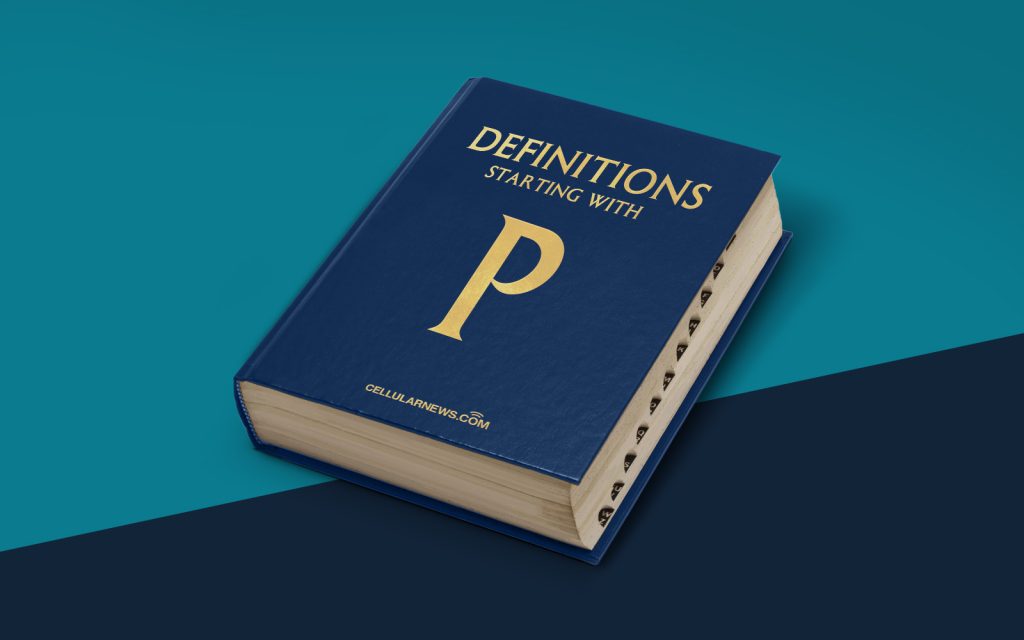
Welcome to the DEFINITIONS section: Exploring the Enigma of Pygmalion!
Have you ever heard of the term Pygmalion and wondered what it actually means? Look no further, for we are here to unravel the enigma and shed light on this captivating concept. Pygmalion is not just a simple word; it holds a fascinating history and profound significance. So, let’s dive in and explore the depths of Pygmalion together!
Key Takeaways:
- Pygmalion refers to a mythological character from ancient Greek mythology.
- It is also commonly used to describe the concept of transformative influence and molding of an individual.
In Greek mythology, Pygmalion was a gifted sculptor who fell in love with his own creation, a stunningly beautiful statue named Galatea. This myth has inspired countless works of art, literature, and even the creation of an entire play, “Pygmalion,” by the renowned playwright George Bernard Shaw.
Pygmalion, as a concept, often signifies the power of transformation and the ability to shape someone into who they become. It is a metaphorical representation of the influence we can have on others, be it through mentoring, education, or personal growth. Just as Pygmalion’s love and devotion brought the statue to life, so too can our guidance and belief in others help them realize their true potential.
Now, you might be wondering how this intriguing concept can be applied in our modern lives. Here are a couple of key takeaways to consider:
- 1. The Power of Influence: Our words, actions, and beliefs can significantly impact the people around us. By recognizing that we have the ability to positively transform others through our interactions, we can be more mindful and intentional in our relationships.
- 2. Empowering Others: Just as Pygmalion empowered Galatea and brought her to life, we too have the power to empower those around us. By offering support, encouragement, and guidance, we can help people tap into their hidden talents and foster their personal growth.
Ultimately, Pygmalion represents the essence of human connection, growth, and transformation. It reminds us that we have the ability to shape people’s lives and contribute to their journey of self-discovery. By understanding the story and concept of Pygmalion, we can embark on our own transformative journeys and make a positive impact on the world.
We hope this exploration of Pygmalion has enlightened you and opened your eyes to the depth of this captivating term. So go forth, embrace the power of Pygmalion, and unleash your potential to positively impact the lives of those around you!
